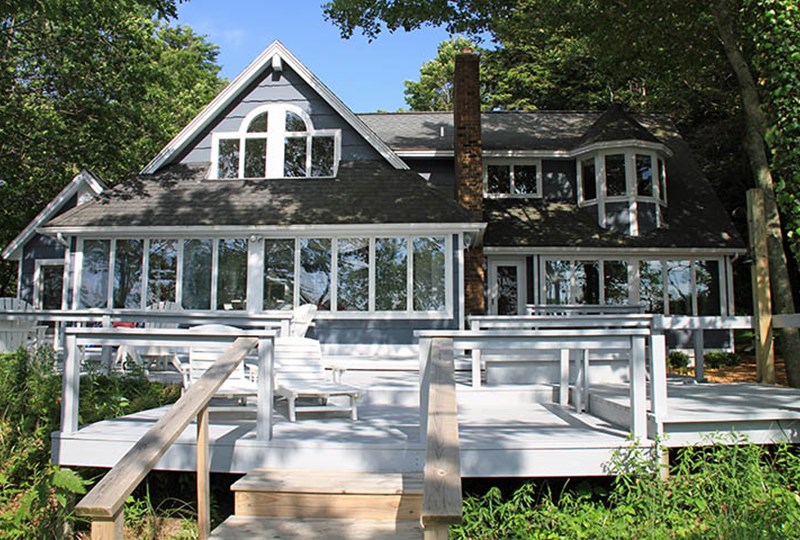
Whether you are purchasing a vacation home in a warmer climate or buying a lakeshore home in northern Minnesota, you’ll follow the same basic steps when it comes to financing a second home. Here are insights you can use as you purchase a second property.
1. Budgeting for a second home
If you can’t afford to pay cash for your second home, it’s important to get in touch with a mortgage loan officer before you begin your search. Together with you and your agent, your loan officer can determine a budget that takes into account your maximum mortgage payment, anticipated repairs, annual homeowner’s insurance policy and tax rates.
2. Understanding conventional loan requirements
It’s also critical that you understand that a second home can be considered a bigger risk for a lender, so it may be harder to qualify for a vacation home loan that it is to finance a primary residence. Federal Housing Administration (FHA) loans are only available for primary residences, so vacation homeowners who need financing will apply for a conventional loan.
To put your best foot forward when taking out a conventional loan on a second home, experts recommend putting down between 20-35 percent down at closing. Keep in mind that even the most qualified buyers may have a slightly higher interest rate on a second home than they would have on a permanent residence.
3. Taking out a home equity loan
Your mortgage loan officer can also help you determine if you want to use your primary home’s equity to help pay for the closing costs or down payment on your second home. Remember that if you take out a home-equity line of credit when getting a vacation home mortgage, you may end up with a higher interest rate.
When financing a second home using an equity line of credit or home equity loan, you should also consider the potential tax implications. You can only deduct all your mortgage interest if your total mortgage balances on your first and second homes do not exceed $1 million, and you have less than $100,000 of home equity indebtedness (if you are married and filing with your partner).
4. Determining your rental strategy
Before buying a second home, you should also know if you plan to rent the property out, and how often. Some lenders are hesitant to finance rental homes, while others may increase the mortgage rate on a rental property. If you do plan to rent your second home after purchasing it, be prepared to show your lender proof that you will be able to generate cash flow from that property. Also, know that the lender may consider only a portion of the estimated rental income when offering you the mortgage and your interest rate.
Last, consider the tax implications of a second home that is used primarily as a rental. If you rent the home for less than 14 days per year, you do not have to report any rental income to the IRS – even if your rental draws in thousands of dollars in that two-week period. However, if you rent the home for more than two weeks a year, you’ll have to report all rental income. You’ll also have to keep diligent records of personal use vs. rental use so you can appropriately deduct rental expenses (including utilities, insurance premiums and more) at tax time.
Finding a second home
The market for vacation homes is red-hot and it’s important to work with a team who knows how to maintain your financial standing as you purchase a second property. Call, email or chat today to get in touch with a REALTOR® or loan officer who can help you purchase a vacation home.
For more insights you can use, follow #BuyerInsights on Twitter, Facebook, Instagram and YouTube.








